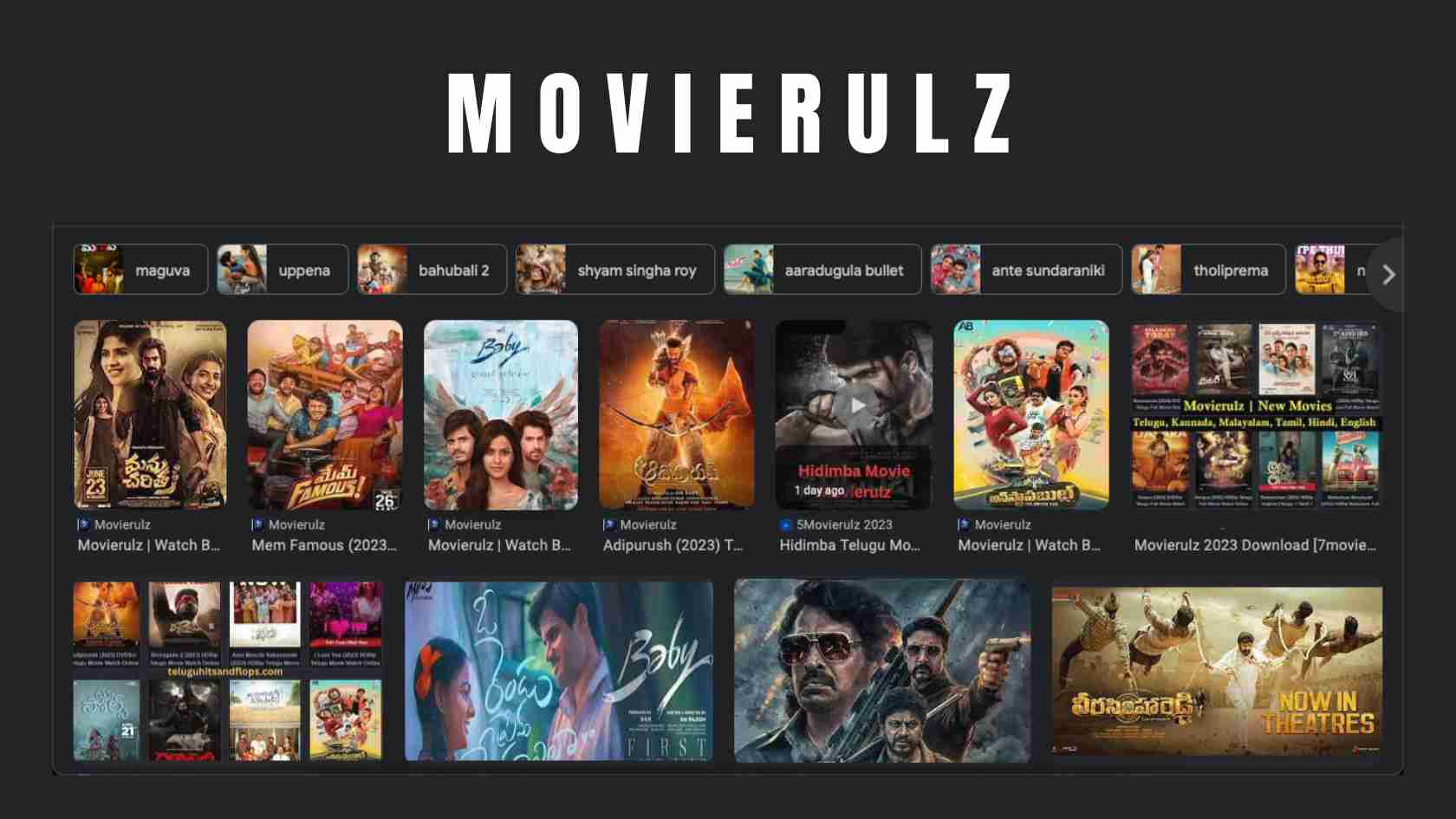Google Search: No Results? Fix It Now!
Is the digital world failing us when we seek answers? The persistent echo of "We did not find results for:" is a stark reminder of the limitations of even the most sophisticated search algorithms, highlighting a critical need for refinement in how we access and process information.
The frustrating phrase, a digital shrug of the shoulders, appears with unnerving frequency. It confronts us when we attempt to decipher complex scientific articles, research obscure historical events, or even when simply seeking the definition of a less common word. The initial reaction is often one of self-doubt: Did I misspell the query? Am I misunderstanding the problem? But the persistent recurrence of this message, often followed by the anodyne suggestion, "Check spelling or type a new query," reveals a deeper issue. It exposes the shortcomings of search engines and the complex interplay between our queries and the vast, unwieldy, and sometimes opaque, repositories of data that they attempt to navigate. This is not merely an inconvenience; it's a symptom of a larger challenge in the digital age, where the sheer volume of information can often obscure the very answers we seek. The implications extend beyond personal frustration; they touch upon the integrity of research, the accessibility of knowledge, and the very foundations of how we understand the world around us. When the digital gates to information fail to open, it creates a space for misinformation and disinformation to flourish, and it ultimately undermines the trust we place in the systems designed to connect us to truth.
This persistent digital dead end demands a critical examination of the algorithms that underpin our information ecosystem. Search engines, while powerful tools, rely on a complex interplay of factors, including keyword matching, link analysis, and content indexing. When these elements are not optimally aligned, the result is the disheartening message: "We did not find results." This could be due to several factors. The query itself might be poorly phrased, lacking the specific keywords needed to trigger relevant results. The content might be poorly optimized for search engines, rendering it invisible despite its relevance. The sheer volume of data might overwhelm the algorithm, causing it to prioritize more popular or frequently updated sources. The algorithm might be biased, inadvertently filtering out certain perspectives or types of information. And finally, the content we're looking for simply might not exist online, or it is buried deep within paywalled databases or inaccessible archives. The user, therefore, is left staring at an empty screen.
The frustration is often amplified when the query is well-formed and pertains to a seemingly accessible subject. The algorithm may encounter a stumbling block when dealing with nuanced topics that rely on subtle distinctions in language or context. These issues are particularly common when attempting to analyze complex scientific data or interpret historical documents. Moreover, the rise of specialized language and jargon within specific fields of study further complicates the search process. This can be seen across academia and professional sectors where a specialized lexicon is prevalent. In these instances, the digital tools we rely on may struggle to interpret the subtleties of the human brain, the complexity of human research or the richness of human expression. This limits our ability to perform research effectively.
The repeated appearance of this non-result highlights the limitations of relying exclusively on digital tools for research and knowledge acquisition. While search engines provide invaluable starting points for information gathering, the inability to find specific data should not be a barrier to learning. The message, "Check spelling or type a new query" serves as an invitation to reframe our approach to information seeking. It prompts us to be more precise, to be more creative in how we phrase our questions, and to consider a wider array of resources. It also suggests the importance of verifying information and seeking out multiple perspectives. The failure to produce a result does not mean that the answer does not exist; it means that the digital route has failed, and a different path must be forged.
This digital challenge also impacts our access to nuanced historical information. When searching for specific historical events, people, or periods, the limitations of search engines become particularly apparent. Many historical records are not digitized, and those that are often lack standardized metadata, making them difficult for search engines to index accurately. The historical context and the various interpretations are often absent, resulting in a superficial summary of the topic. Furthermore, the inherent bias in the algorithms can influence the search results, favoring popular or mainstream narratives while obscuring alternate perspectives. The digital divide further exacerbates the problem, as access to digital resources varies by geographical location, socioeconomic status, and other factors. In regions with limited access, historical information may be even more difficult to find. In order to have a holistic understanding of history, we should use both digital and non-digital sources, and recognize the challenges inherent in each method.
The constant need to rephrase, refine, and re-search prompts us to question the underlying mechanisms of these digital tools. What specific criteria determine the ranking of search results? How is information indexed, and what biases might influence this process? Are search engines prioritizing popularity over accuracy or depth of knowledge? These questions are essential for promoting transparency and accountability within the digital information ecosystem. By acknowledging the limitations of search, we can better prepare ourselves for the challenges and embrace more effective strategies for knowledge acquisition, including human collaboration and careful verification of the data we collect.
The persistent "We did not find results" is a symptom of a larger issue within the digital realm. It points to the complex relationship between our queries and the availability, accessibility, and accuracy of information. It also highlights the need to continuously improve the tools we use to navigate the digital world and to recognize that these tools are imperfect. Therefore, it reminds us to critically assess our digital interactions and strive for a more nuanced, reliable, and comprehensive approach to understanding the world around us.
The evolution of search technology has undeniably transformed how we access information. From the early days of keyword-based searches to the sophisticated algorithms of today, the goal has remained constant: to connect users with the knowledge they seek. However, the "We did not find results" message serves as a persistent reminder that this goal is not always achieved. The development of AI and machine learning has greatly enhanced the performance of search engines, allowing them to understand and respond to more complex queries. Natural Language Processing (NLP) enables them to interpret the intent behind our searches, providing a more refined and tailored response. Despite these advancements, several factors continue to contribute to search limitations. These factors include the ever-growing size of the internet, which makes it difficult for any search engine to index and update its data. Then there is the issue of information quality, as the internet contains a vast amount of inaccurate, misleading, or outdated content. Lastly, the ethical concerns surrounding search algorithms, the potential for bias, and the control of information are always present.
This constant failure to find information creates a space for skepticism. Misinformation and disinformation spread rapidly online, especially when reliable sources are difficult to find. The absence of results gives rise to alternate theories, rumors, and inaccuracies. The need to verify information is more critical than ever in the digital age. Fact-checking organizations, independent journalists, and academic institutions all play essential roles in countering the spread of false information. They investigate the accuracy of claims, provide context and support, and offer credible sources for further investigation. The responsibility falls on the user, too, to assess the reliability of the information and to look for multiple sources to corroborate the facts. This digital landscape demands that we adopt a critical and discerning approach to knowledge acquisition.


